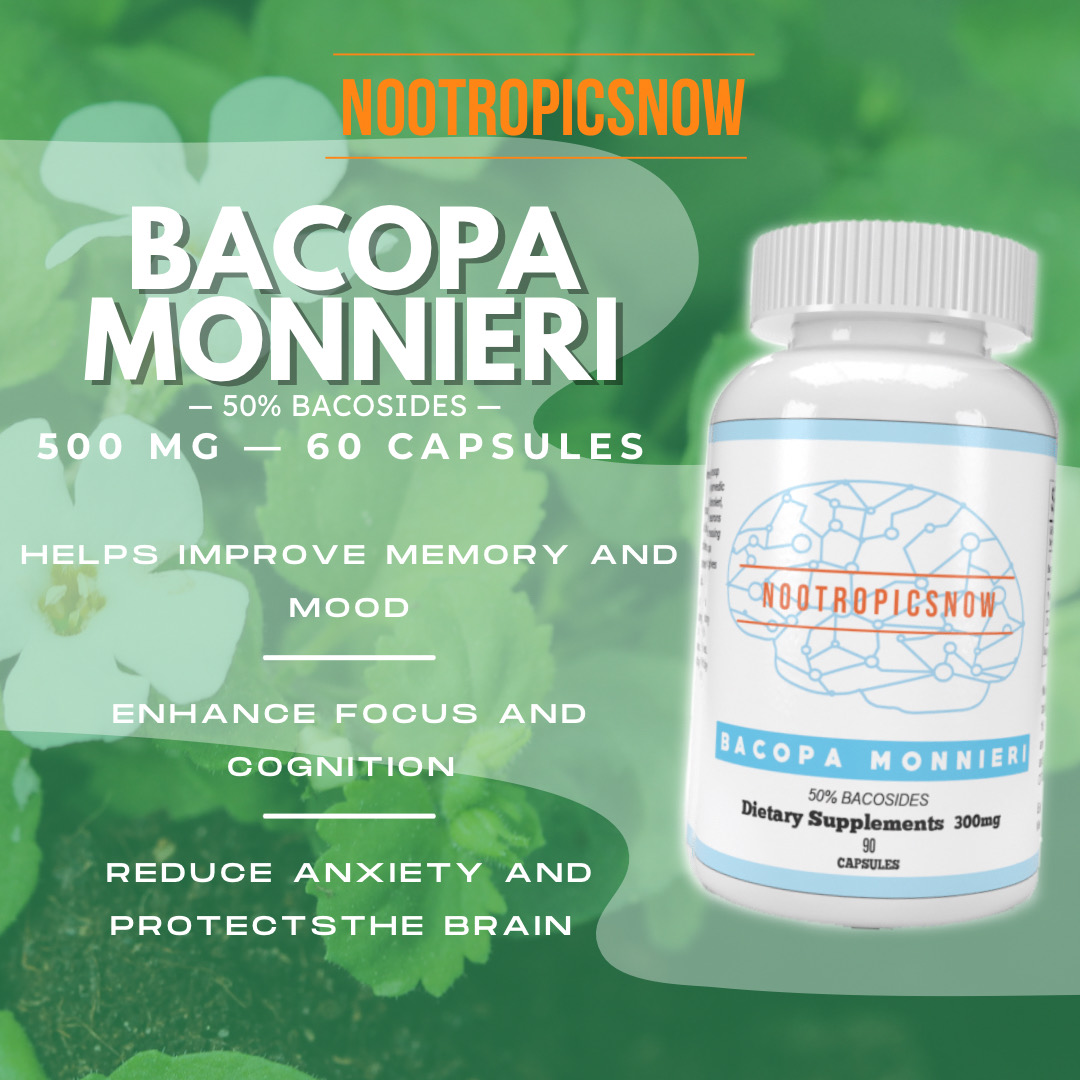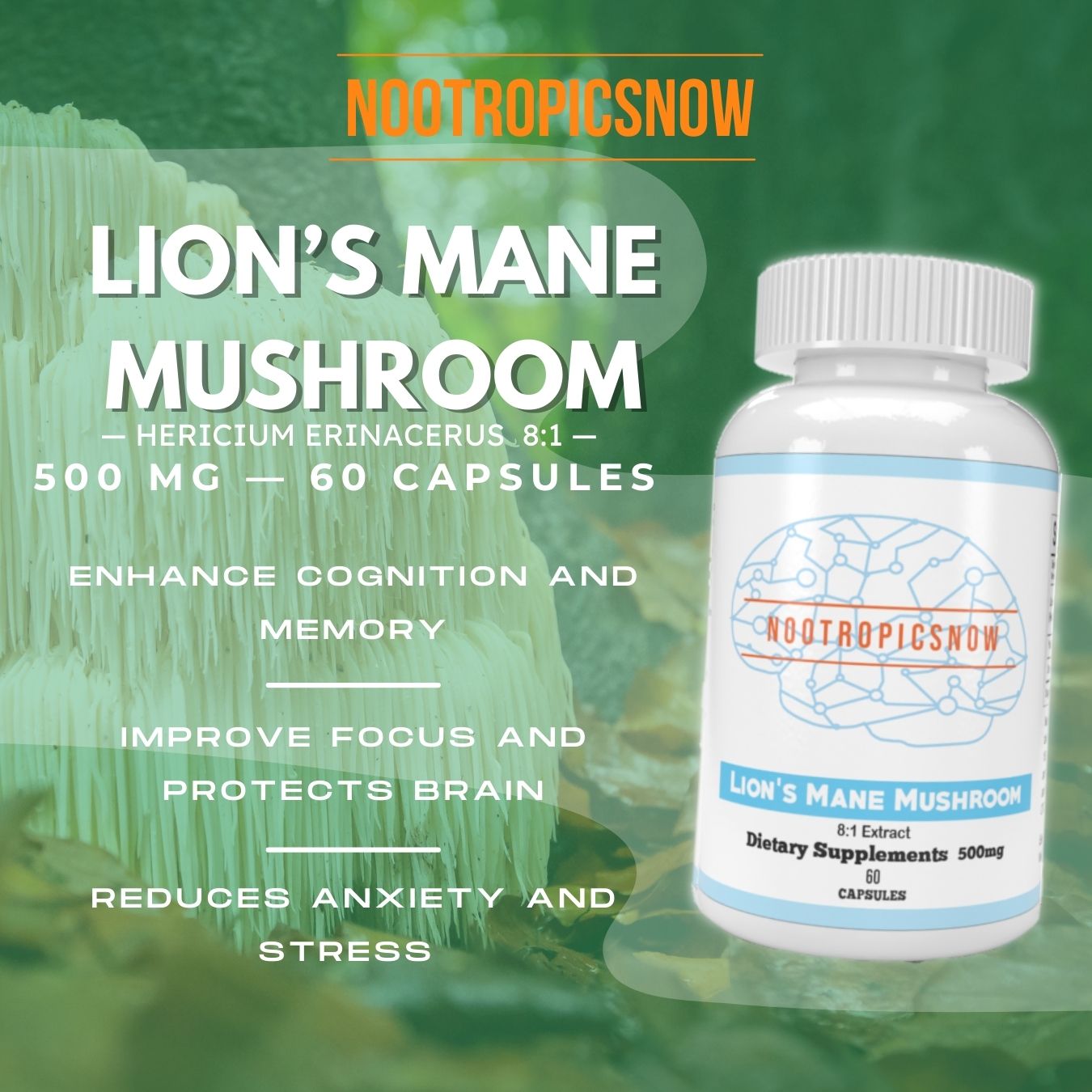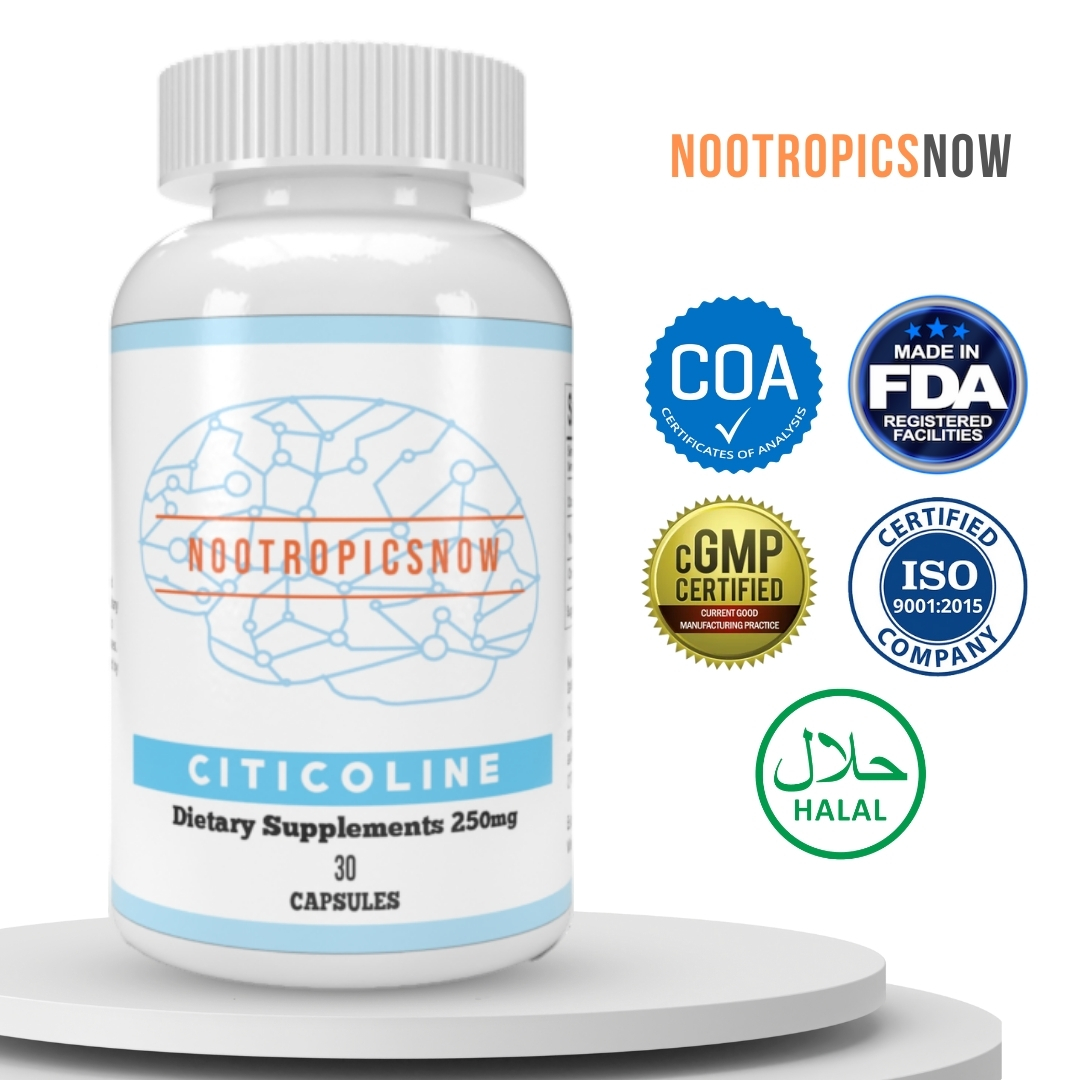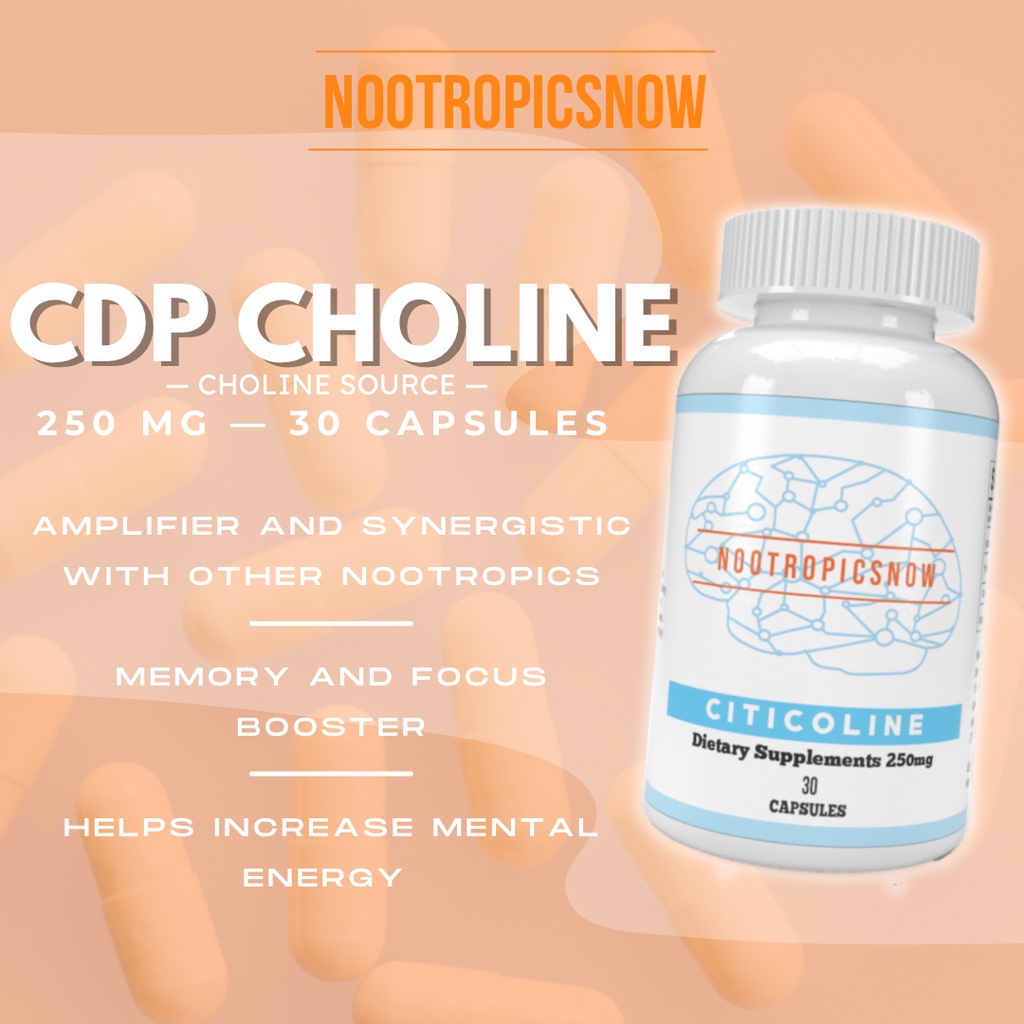Memory Vitamins Philippines

Memory Enhancer Vitamins in the Philippines: A Comprehensive Guide
Memory loss and cognitive decline are growing concerns, influencing individuals to seek solutions for improved mental function. Consequently, the demand for memory enhancer vitamins and supplements has significantly increased in the Philippines. Therefore, we provide a detailed overview of available options, their potential benefits, and important considerations before use.
Understanding Memory and Cognitive Function
Before diving into specific vitamins, it’s essential to understand the multifaceted nature of memory and cognitive functions. Memory isn’t a single entity; instead, it consists of several systems, including:
Cognitive functions include memory, attention, language, problem-solving, and decision-making. Age, genetics, lifestyle, and underlying health conditions can significantly affect these processes.
Key Vitamins and Supplements for Memory Enhancement
Several vitamins and supplements are believed to improve memory and cognitive function. Below, we explore some of the most popular and researched options available in the Philippines:
1. B Vitamins: Fueling Brainpower
The B-vitamin complex is critical for overall health, particularly brain function. Each B vitamin plays a unique role in cognitive processes:
Sources of B Vitamins: Include whole grains, meat, fish, eggs, dairy products, leafy green vegetables, and fortified foods. Furthermore, B-complex supplements are readily available in the Philippines.
2. Vitamin D: The Sunshine Vitamin for Brain Health
Vitamin D, primarily obtained from sunlight exposure, plays a crucial role in brain health. Research suggests that vitamin D deficiency is associated with cognitive decline and an increased risk of neurodegenerative diseases like Alzheimer’s disease. Vitamin D receptors are present in various brain regions involved in memory and learning.
Sources of Vitamin D: Sunlight exposure, fatty fish (salmon, tuna), egg yolks, and fortified foods (milk, cereals). Supplements are a reliable option for individuals with limited sun exposure or dietary restrictions.
3. Vitamin E: An Antioxidant Protector
Vitamin E is a potent antioxidant that protects brain cells from damage caused by free radicals. Oxidative stress contributes to age-related cognitive decline and neurodegenerative diseases. Vitamin E may help improve memory and cognitive function, particularly in older adults.
Sources of Vitamin E: Vegetable oils, nuts, seeds, and green leafy vegetables. Supplements are also available, but high doses should be avoided due to potential side effects.
4. Omega-3 Fatty Acids: Essential for Brain Structure and Function
Omega-3 fatty acids, particularly EPA (eicosapentaenoic acid) and DHA (docosahexaenoic acid), are essential structural components of brain cell membranes. DHA is crucial for brain development and cognitive function throughout life. Omega-3 fatty acids possess anti-inflammatory properties, protecting against brain damage.
Sources of Omega-3 Fatty Acids: Fatty fish (salmon, mackerel, sardines), flaxseeds, chia seeds, walnuts, and algal oil supplements. Fish oil supplements are widely available in the Philippines.
5. Ginkgo Biloba: Enhancing Blood Flow and Memory
Ginkgo biloba is a herbal extract derived from the Ginkgo biloba tree. It is believed to improve memory and cognitive function by enhancing blood flow to the brain. Studies suggest that Ginkgo biloba may improve memory, attention, and cognitive speed, particularly in individuals with age-related cognitive decline.
Sources of Ginkgo Biloba: Ginkgo biloba supplements are readily available in the Philippines in various forms, including tablets, capsules, and liquid extracts.
View Product

View Product

View Product

View Product
6. Bacopa Monnieri: An Ancient Herb for Cognitive Enhancement
Bacopa monnieri is an herb traditionally used in Ayurvedic medicine to enhance memory and cognitive function. Research suggests that Bacopa monnieri may improve memory, learning, and information processing. It is believed to work by protecting brain cells from damage and increasing blood flow to the brain.
Sources of Bacopa Monnieri: Bacopa monnieri supplements are available in capsule and powder form in the Philippines.
View Product

View Product

View Product

View Product
7. Huperzine A: Boosting Acetylcholine Levels
Huperzine A is a compound extracted from the Chinese club moss plant. It works by inhibiting the breakdown of acetylcholine, a neurotransmitter crucial for memory and learning. By increasing acetylcholine levels in the brain, Huperzine A may improve memory and cognitive function.
Sources of Huperzine A: Huperzine A supplements are available in the Philippines.
8. Lion’s Mane Mushroom: Nurturing Nerve Growth
Lion’s mane mushroom (Hericium erinaceus) is a medicinal mushroom that has gained popularity for its cognitive-enhancing properties. It contains compounds that stimulate nerve growth factor (NGF), a protein essential for the growth, maintenance, and survival of nerve cells. Lion’s mane mushroom may improve memory, focus, and cognitive function.
Sources of Lion’s Mane Mushroom: Lion’s mane mushroom supplements are available in capsule, powder, and extract form in the Philippines.

View Product

View Product

View Product
View Product
9. Citicoline: Supporting Brain Cell Structure
Citicoline is a naturally occurring compound in the body that supports brain cell structure and function. It is a precursor to phosphatidylcholine, a major component of brain cell membranes. Citicoline may improve memory, attention, and cognitive function, particularly in individuals with age-related cognitive decline or stroke.
Sources of Citicoline: Citicoline supplements are available in the Philippines.

View Product

View Product
Choosing the Right Memory Enhancer Vitamins
Selecting the appropriate memory enhancer vitamin or supplement can be challenging with so many options available. Therefore, consider these factors:
Where to Buy Memory Enhancer Vitamins in the Philippines
Memory enhancer vitamins and supplements are widely available in the Philippines through various channels:
Lifestyle Factors for Memory Enhancement
While memory enhancer vitamins and supplements can be beneficial, they should complement a healthy lifestyle, not replace it. Adopt these habits to support optimal brain health:
Consult a Healthcare Professional
Before starting any new vitamin or supplement regimen, particularly for memory enhancement, it is essential to consult with a healthcare professional. They can assess your individual needs, review your medical history, and recommend the most appropriate options.
Important Considerations and Cautions
While vitamins and supplements can be beneficial, it is crucial to approach them with caution and awareness:
Conclusion: Memory Enhancement in the Philippines
The pursuit of improved memory and cognitive function is a common goal, particularly in a fast-paced and demanding world. Therefore, memory enhancer vitamins and supplements can play a supportive role, but they are most effective when integrated into a holistic approach that encompasses a healthy lifestyle, mental stimulation, and professional medical guidance. Always prioritize safety and consult with a healthcare professional before starting any new supplement regimen. Moreover, remember that maintaining a healthy lifestyle and engaging in mentally stimulating activities are crucial for long-term brain health and cognitive function.
Memory Enhancer Vitamins in the Philippines
The quest for sharper memory and enhanced cognitive function is a universal pursuit, and the Philippines is no exception. With a growing awareness of brain health and the increasing demands of modern life, many Filipinos are turning to vitamins and supplements marketed as memory enhancers. However, navigating this market requires a discerning eye. It is essential to understand which nutrients have scientifically-backed benefits, what claims are exaggerated, and how to choose products safely and effectively.
Understanding the Role of Vitamins in Memory
Vitamins play a crucial role in overall health, including brain function. Several vitamins are particularly important for cognitive health, and deficiencies in these nutrients can contribute to memory problems and cognitive decline. While a balanced diet is the best way to obtain these vitamins, supplementation may be beneficial for individuals with specific deficiencies or increased needs.
B Vitamins: Powerhouses for Brain Health
The B vitamins are a group of eight essential nutrients that work together to support various bodily functions, including nerve function, energy production, and cell metabolism. Several B vitamins are particularly important for brain health:
The B vitamins work synergistically, and a deficiency in one can affect the function of others. Therefore, a B-complex supplement, containing all eight B vitamins, is often recommended.
Vitamin D: The Sunshine Vitamin for Brain Function
Vitamin D, synthesized in the skin upon exposure to sunlight, is essential for bone health, immune function, and brain health. Research suggests that vitamin D deficiency is associated with cognitive decline, particularly in older adults. Vitamin D receptors are found throughout the brain, indicating its importance in neuronal function and neurotransmitter synthesis.
Vitamin E: An Antioxidant Shield for the Brain
Vitamin E is a powerful antioxidant that protects cells from damage caused by free radicals. Oxidative stress is implicated in aging and neurodegenerative diseases like Alzheimer’s disease. Vitamin E may help protect brain cells from oxidative damage, potentially slowing cognitive decline.
Vitamin C: Another Antioxidant Defender
Similar to Vitamin E, Vitamin C is also an important antioxidant that helps to protect the brain from oxidative stress. Studies suggest that higher vitamin C levels are associated with better cognitive function, particularly in areas like memory and attention.
Beyond Vitamins: Other Cognitive Enhancers
While vitamins are essential for brain health, other nutrients and compounds have also been shown to support cognitive function. These include:
Omega-3 Fatty Acids: Fueling Brain Cells
Omega-3 fatty acids, particularly DHA and EPA, are crucial for brain health. DHA is a major structural component of brain cell membranes, and EPA has anti-inflammatory properties. Research suggests that omega-3s can improve memory, attention, and cognitive function, particularly in older adults.
Choline: A Precursor for Neurotransmitters
Choline is an essential nutrient that plays a role in brain development, nerve function, and muscle movement. It is a precursor to acetylcholine, a neurotransmitter involved in memory, learning, and muscle control.
Herbal Supplements: Natural Cognitive Boosters?
Several herbal supplements are marketed as memory enhancers. While some have shown promise in research, it’s essential to approach these claims with caution.
View Product-(60-capsules-60-servings)-Nootropic-Brain-Booster-i.202321183.5488805940)
View Product-Nootropic-Memory-Booster-Supplement-Focus-i.202321183.3851668485)
Other Notable Cognitive Enhancers
Navigating the Supplement Market in the Philippines
The supplement market in the Philippines is vast and can be overwhelming. Here are some tips for choosing safe and effective memory-enhancing vitamins and supplements:

